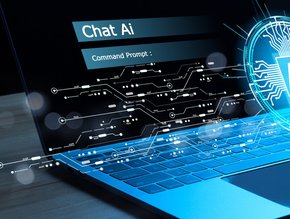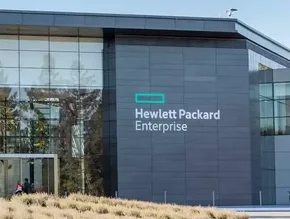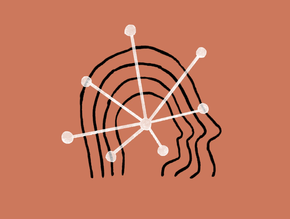AI and Cybersecurity: The Importance of Global Data Privacy

Whilst AI systems are vulnerable to cyberattacks, if harnessed ethically, they could have a transformative impact on the cybersecurity industry.
As part of its annual Data Privacy Week, The National Cybersecurity Alliance has placed its focus for 2024 on people taking control of their data.
When protecting AI from so-called ‘bad data’, businesses must consider things like their data storage security, data privacy enforcement controls and data and model access controls.
In 2024, industry leaders have predicted that AI will be challenging to navigate in the cybersecurity landscape. As AI continues to be integrated further into our everyday lives, an understanding of how these systems work and can be exploited is vital for the businesses and essential services that utilise them.
Cybersecurity concerns and data challenges in 2024
The cybersecurity landscape was constantly changing in 2023, with countless numbers of threats and ransomware attacks perforating essential businesses and services. Cybercriminals continue to constantly change their tactics to exploit digital vulnerabilities in much more sophisticated ways than ever before.
All things considered, businesses must remain proactive in their cybersecurity approaches - to both respond to and anticipate attacks before they arise.
Particularly prevalent is the knowledge that AI is used by both attackers and defenders across multiple contexts. Whilst AI can be a valuable tool for businesses to prevent system breaches, it can be used to threaten and extort and breach trust. A particular cause for concern at the moment is the continued rise of deepfake technology being used to mislead individuals in contexts such as general elections.
A January 2024 survey conducted by PwC has found that 77% of CEOs are concerned about AI cybersecurity risks. Those surveyed agreed that AI may increase the risk of cybersecurity breaches, also expressing concerns over the spread of misinformation (63%) within companies or reputational damage (55%) as a result of ‘bad AI’.
To address all these concerns, PwC highlights that CEOs should make sure that AI is used responsibly within their organisation.
Whilst AI systems can detect fraud patterns and suspicious activities, interpreting these patterns and strategising the next course of action require highly skilled human intervention.
AI in the workplace: Weighing up the benefits and risks
This comes in the midst of widespread anxieties over AI potentially supplementing human workloads to the point of replacing staff altogether. With its ability to automate tasks, whether those are repetitive or dangerous for humans to complete, there are worries that AI holds the potential to be more beneficial to a business.
In fact, large companies have already started making job cuts in favour of AI - most recently Duolingo cutting 10% of its workforce to prioritise AI development, in addition to tech giant Google.
However, when it comes to the cybersecurity industry, AI and employees could work collaboratively to develop greater defence strategies and anticipate future threats to a business.
There is also the argument that cybersecurity professionals are still required, due to their specific skill set to manage the AI systems. To ensure that they are best protected against cyber threats like data breaches, businesses will need to continue investing in upskilling their employees and maintaining a highly skilled workforce.
In fact, with this in mind, a recent study conducted by the Massachusetts Institute of Technology (MIT) found that AI cannot currently replace the majority of jobs in cost-effective ways. Bloomberg reported that the study found only 23% of workers, measured in terms of dollar wages, could be effectively supplanted.
As AI-assisted visual recognition is expensive to install and operate, MIT highlights that humans are able to complete the job more economically.
******
Make sure you check out the latest edition of AI Magazine and also sign up to our global conference series - Tech & AI LIVE 2024
******
AI Magazine is a BizClik brand






